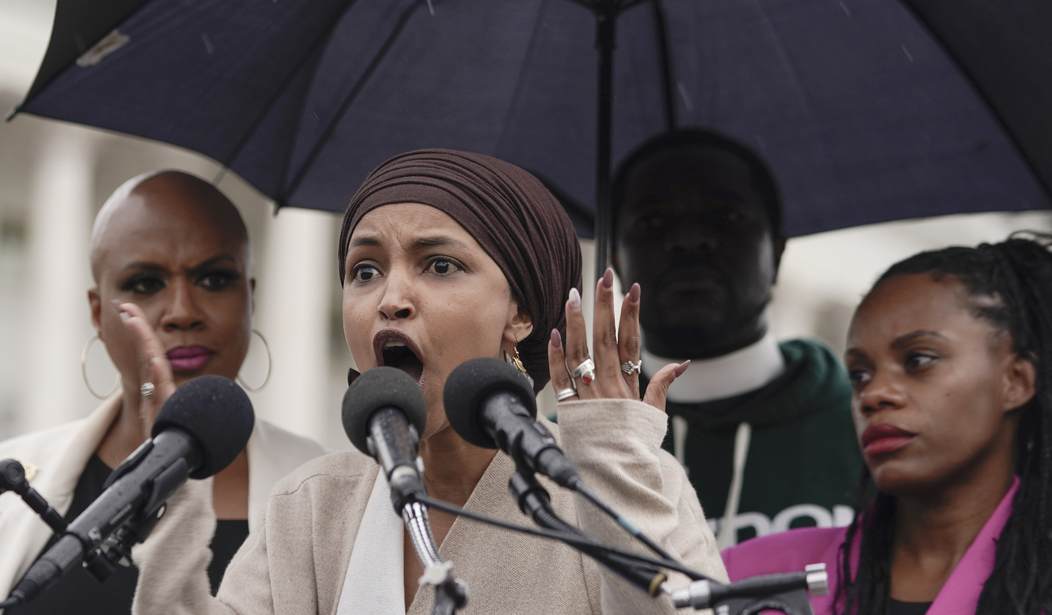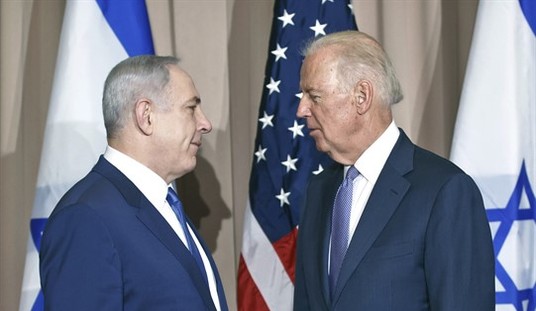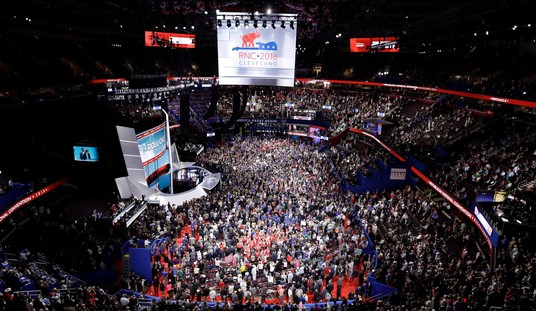Joe Biden is trying to snatch stalemate from the jaws of victory wherever America or its allies are engaged all across the world, perhaps in the belief that a strategic draw is the most durable form of peace. Even as the Israeli Defense Forces were preparing to mop up Hamas in Gaza and its leaders in the Gulf were vanishing into the underground, Biden was putting pressure on Benjamin Netanyahu to turn the strip over to the Palestinian Authority.
Speaking during a fundraiser in Washington, Biden made his toughest remarks since the war began about Netanyahu’s government. He suggested that its hard-line stance has prevented Netanyahu from accepting the Biden administration’s postwar plan to have the Palestinian Authority take over Gaza, and that it would also obstruct progress toward political, economic and security arrangements that could spawn a separate Palestinian state—an outcome the U.S. president sees as a long-term solution to the conflict.
Garry Kasparov, a long-time Ukraine supporter in its fight against Russia, believes Biden wants to limit Kyiv's successes at all costs. The concept of the deal, Kasparov argued, dominates Biden's thinking. "What the U.S. gives up in these deals is usually clear. But it’s rarely apparent what America and her allies get in return. Washington sent billions in cash to Iran for unverifiable promises and restrained Ukraine to try to win favor with Russia." There must be something, even though we don't know what it is.
At every point of conflict in his presidency, Mr. Biden’s modus operandi, like Mr. Obama’s, has been to make concessions to create the illusion of diplomatic success. Mr. Biden appears intent on cutting yet another deal to make the problem of Ukraine go away—for the moment. The same shortsighted fecklessness led Mr. Obama to back off from defending Ukraine in 2014 when Mr. Putin first invaded and annexed Crimea, leading inevitably to his full-scale invasion in 2022. My great fear is that Mr. Biden’s envoys are now discussing with Mr. Putin the partition of Ukraine along the current front lines.
Unfortunately, these deals don't mean an actual end to conflict, just their conversion from an acute crisis into a chronic one. Just as it is easier to manage high blood pressure than risk actually curing it, limited intervention, peacekeeping, payoffs, etc., serve the purpose of keeping terror fever down without existentially provoking the great powers behind the proxy attackers. Stopping short of decisively defeating Russia, Iran, or China is an established method of avoiding a direct confrontation that could lead to a world war. Stalemate is not a bug. It's a feature.
The number of big, managed wars flying under the media radar is surprising. The Syrian Civil War, the Houthi insurgency, and the war in Sudan are huge conflicts. The Syrian Civil War, in fact, is much bigger than the conflict in Gaza. This year, almost seven million people were uprooted in the endless Congo war. Over the years, over five million people have been killed there. But like the Syrian Civil War, the Congo has one crucial quality that makes it different from Gaza: Nobody cares. Not BLM, not the Ivy League, not the UN. And consequently, not Joe Biden.
In a way, these forgotten wars are "solved." Chronic war is tolerable to the international system and downright advantageous for some of its actors. Terror leaders often live in luxury from its proceeds. War is good for thousands of do-gooders. According to a book by the Dutch writer Linda Polman, humanitarian aid has become a massive industry that, along with the global media, flourishes whenever there's war.
in Rwanda, where Tutsi corpses filled rivers and lakes, aid was not so focused. The world was looking for refugees, the symbol of human catastrophe, and the refugees were Hutus. This meant the militias that had committed the atrocities received food, shelter and support, courtesy of international appeals, while their surviving victims were left destitute...
In her book, Polman maintains that when aid organisations don't actively discriminate, the most likely beneficiaries of war zone operations are the powerful, rather than the most needy. Not only is it the soldiers and militias who are able to levy taxes on aid, cargos and the movement of charity personnel, and to steal or divert funds, it is also these groups and the elites that have best learned the images and triggers that attract aid.
This is even truer today, as scenes showing Hamas stealing the aid trucks illustrate. It's better than bombing, right? The UN and the Red Cross know what's going on, but it's in their interest to let it continue. Russian oligarchs don't even bother to hide it. Wagner mercenaries are openly all over Africa, the Middle East, and even Ukraine, earning billions for their masters. “The Wagner Group got involved in Africa for its own reasons, [such as] private money making. But more recently, the Kremlin has found this a useful adjunct to what it’s trying to do diplomatically.”
There's money in it for U.S. industry, too. In a recent Washington Post op-ed, senior AEI fellow Marc Thiessen pointed out that U.S. defense contractors were the primary beneficiaries of aid to Ukraine. "Funds that lawmakers approve to arm Ukraine are not going directly to Ukraine but being used stateside to build new weapons or to replace weapons sent to Kyiv from U.S. stockpiles. Of the $68 billion in military and related assistance Congress has approved since Russia invaded Ukraine, almost 90 percent is going to Americans."
The best part about limited war is that, being limited, the homelands of the great powers are never at risk, allowing factories, research establishments, and businesses to proceed unimpeded. The demand for arms is outrunning supply. "Russia’s full-scale invasion of Ukraine and geopolitical tensions around the world fuelled a strong increase in demand for weapons and military equipment in 2022. However, despite receiving new orders, many US and European arms companies could not significantly ramp up production capacity because of labour shortages, soaring costs and supply chain disruptions that were exacerbated by the war in Ukraine."
But the trick to keeping war limited is ensuring no great powers are decisively defeated. So stalemate it is. In this cynical world, good never catches evil. The black hats slink off to their masters and live out their retirement in upscale circumstances like respectable old gents. The bad guys never get punished, except perhaps by God at the Last Judgment. But as the statesmen say, it's the price of stability. Anyway, it is what it is.








